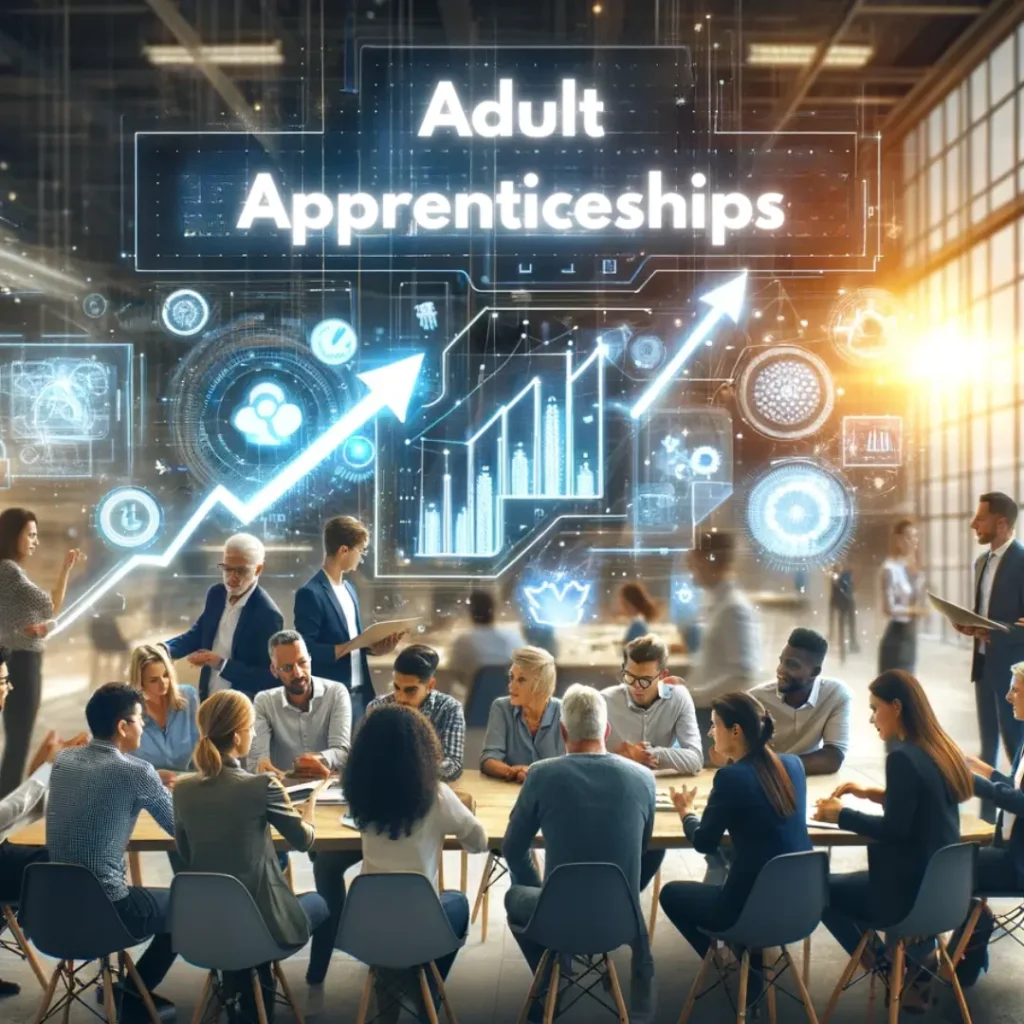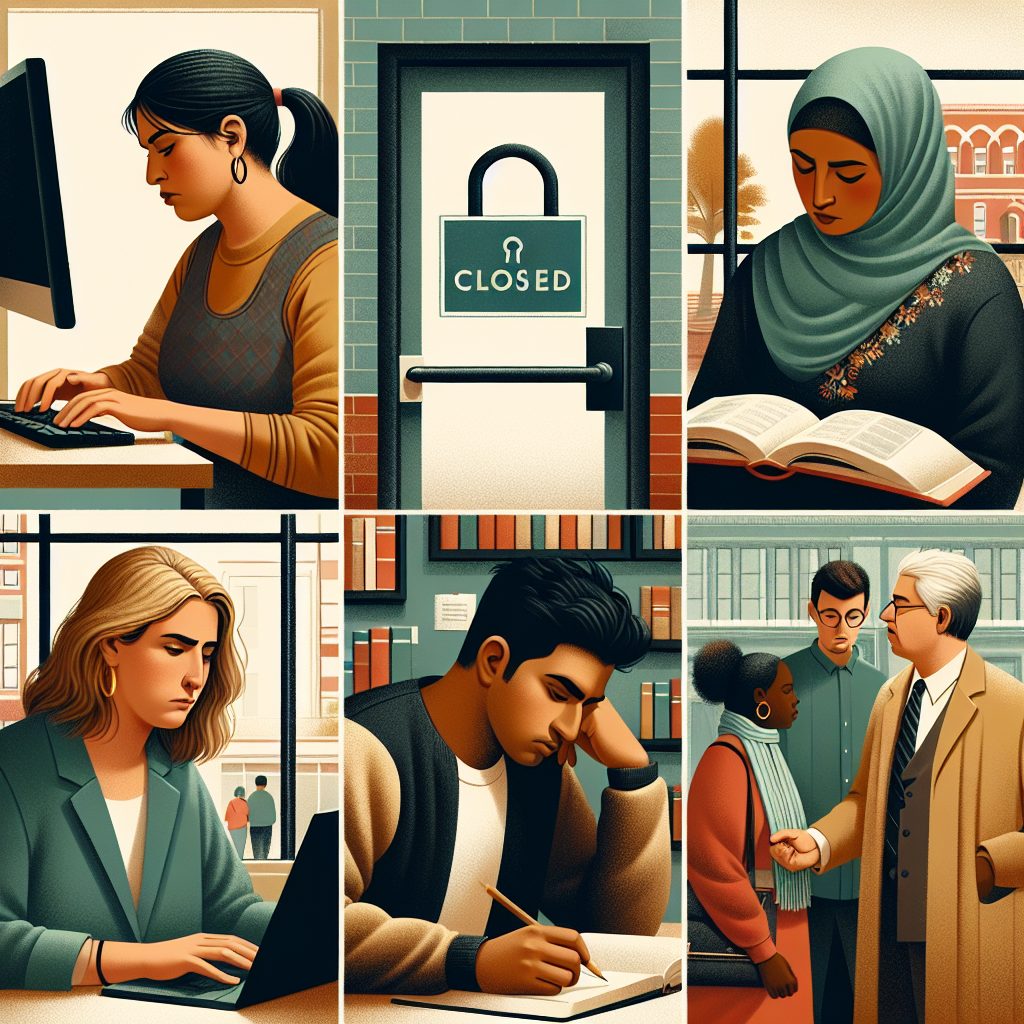
Rallying for Adult Education: The Key to Our Future

The Future of Adult Education: Why We Can’t Turn a Blind Eye
Let me be frank with you. If we keep brushing aside the vital issues surrounding adult education, we’re heading toward a future that robs countless people of opportunities. Yesterday, I found myself in Westminster, witnessing something truly remarkable—people from all walks of life braving the winter chill to make their voices heard. That energy was both inspiring and, quite frankly, disheartening.
These adult learners were there to highlight the stark reality of a 6% cut in adult education funding. We’re not just talking about numbers on a balance sheet. We’re talking about lives affected, futures altered, and communities weakened. It’s time we acknowledged the harsh truth: neglecting adult education means neglecting our shared potential.
Where Are We Going Wrong?
At a recent gathering organised by City Skills, a working group that gets it, we heard how reducing funding could stifle not just individual growth but our collective progress as a society. So what does this mean for the everyday person striving to better their skills? The short answer is: a lot.
Funding cuts lead to fewer opportunities, hampering community integration and leaving those seeking self-improvement in a lurch. It’s not just a statistic; it’s a story of real people with real dreams.
But here’s the kicker—investing in adult education isn’t merely an expense; it’s an essential pathway to economic growth. Imagine reverting funding back to 2010 levels. We’re looking at an annual investment of £2.2 billion, which has the potential to generate a whopping £22 billion for the economy, while also saving taxpayers about £8 billion. It’s a win-win situation!
What’s at Stake Here?
Consider this: the current state of adult education funding means we limit opportunities not just for individuals but for communities and economies alike. Are we really prepared to sit back and watch potential go down the drain?
- Funding cuts restrict opportunities: Real people out there are left without the means to improve their skills.
- Community integration suffers: Skills training provides crucial pathways for connection and growth.
- Investment now saves us money later: Fewer people on benefits and more contributing to the economy.
We can’t afford to ignore these facts. The ripple effect of reducing adult education funding can mean a weakening of our very social fabric. It’s not just an academic issue; it’s a societal one.
Rallying Together for Change
What we need is collective action. We must rally together and advocate for a brighter future in adult education. We must ask ourselves: are we ready to campaign for opportunities that not only transform lives but also fortify our communities?
I distinctly remember my own experience with adult education. Years ago, I took a leap of faith and attended a class that taught me interpersonal skills. It opened doors I didn’t think possible. That single step made me who I am today—an entrepreneur, an advocate, and, most importantly, a lifelong learner.
So I feel passionately about this. I believe in the power of education to change lives, and I know many of you do too. The time to act is now.
What Can You Do?
So, how can you be part of this change? Start by raising awareness within your own circles. Talk to friends, family, and colleagues about the importance of adult education funding. Sign petitions, write to your local MP, and engage with community groups that advocate for education.
This is more than just a campaign; it’s about ensuring that when people seek to better themselves, they are met with support rather than barriers.
Now, let’s open the floor: how has adult education impacted your life or that of someone you know? Share your stories in the comments below. Together, we can shine a light on the transformative power of lifelong learning.



